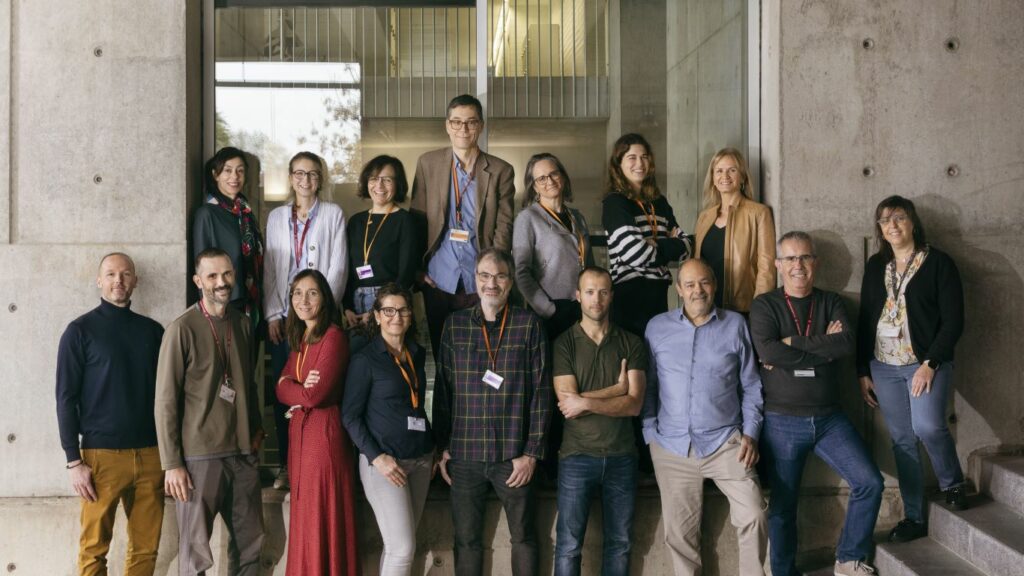IDIBELL, Bellvitge University Hospital (HUB) and the Catalan Institute of Oncology (ICO) have led a European study, published in the European Journal of Neurology, which presents an innovative tool to assess chemotherapy-induced peripheral neuropathy (CIPN). This adverse effect is suffered by nearly 40% of patients who receive neurotoxic cytostatic treatments, used in the first line and in relapses of especially common cancers such as breast, colon, gynecological, lung and head and neck tumors.
The study, led by Dr. Jordi Bruna, neurologist and leader of the Neurooncology research group at IDIBELL, HUB and ICO, has developed a practical scale that integrates both the objective medical assessment and the quality of life reported by patients. This new tool allows for a more complete and precise evaluation of the neurological toxicity associated with chemotherapy, which is key to making therapeutic decisions during treatments.
“The great advantage of this system is that it incorporates the patient’s perception, an aspect that until now medical scales did not adequately take into account,” explains Dr. Bruna. This integration is essential to avoid discrepancies between what patients experience and what medical assessments reflect. This can have important consequences on the continuity or modification of treatments and, therefore, on the probability of their success, and at the same time impacts the quality of life of cancer survivors.
The study, developed in collaboration with several European centers, highlights the need for more precise assessment to adjust cancer treatments and avoid chronic adverse effects that could negatively affect patients who have survived cancer.
The Bellvitge Biomedical Research Institute (IDIBELL) is a biomedical research centre created in 2004. It is participated by the Bellvitge University Hospital and the Viladecans Hospital of the Catalan Institute of Health, the Catalan Institute of Oncology, the University of Barcelona and the City Council of L’Hospitalet de Llobregat.
IDIBELL is a member of the Campus of International Excellence of the University of Barcelona HUBc and is part of the CERCA institution of the Generalitat de Catalunya. In 2009 it became one of the first five Spanish research centres to be accredited as a health research institute by the Instituto de Salud Carlos III. In addition, it is part of the “HR Excellence in Research” program of the European Union and is a member of EATRIS and REGIC. Since 2018, IDIBELL has been an Accredited Center of the AECC Scientific Foundation (FCAECC).

